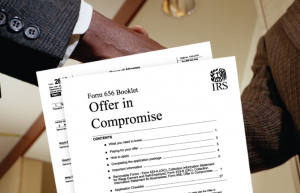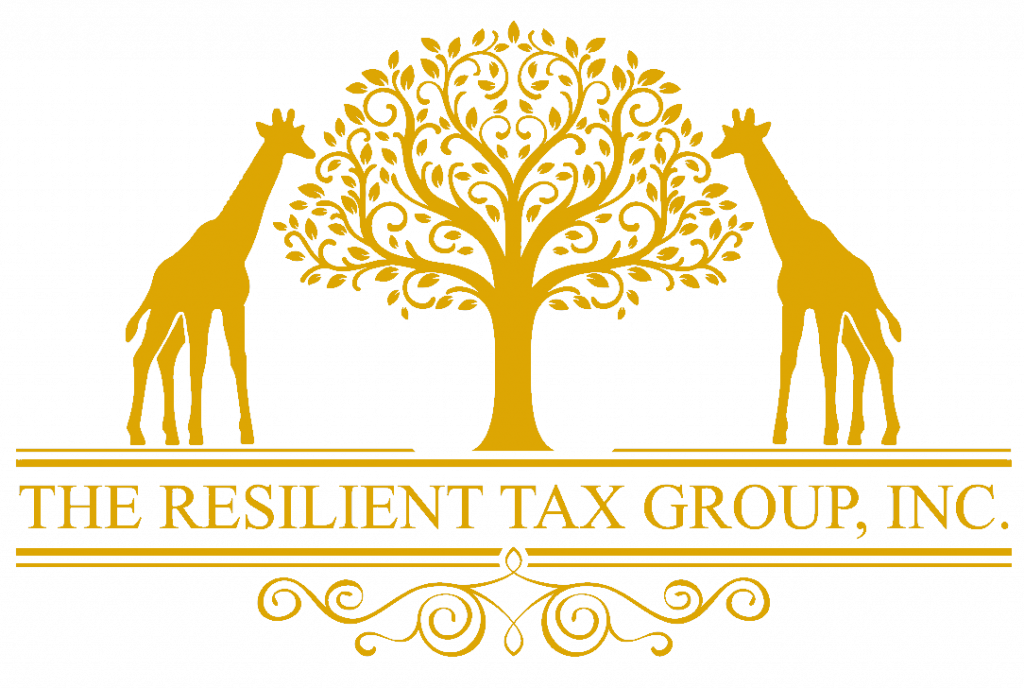
Are Wages Being Garnished From Your Paycheck?

Due to declining income or an unexpectedly huge tax bill, paying taxes presents a significant challenge for millions of Americans. The IRS has a lot of ways to pursue you if you haven’t been able to pay your obligation. They have access to both your assets and your wages, unlike other creditors. To avoid wage garnishment, you should seek help from a tax resolution service.
You can stop the garnishment process and be released from your obligation by taking advantage of the IRS forgiveness program with the assistance of a tax expert. By doing so, you can start over without worrying about making payments that you cannot afford. The program offers a number of possibilities, and your tax advisor will pick the one that is best for you. Let’s examine how you could pay off your debt in more detail.
What Takes Place If Taxes Aren’t Paid?
The IRS will first send you a warning when you don’t pay your taxes, giving you time to make the necessary corrections. Many taxpayers, however, are unable to fulfill this requirement because not everyone has the money available right away. After warning you, if you still haven’t paid, they could start the collection procedure. This can include a multitude of techniques that enable them to access the unpaid monies due to their strong collection authority.
For instance, the IRS might levy your house, giving them the authority to take it if required. They can even get into your bank account and steal any savings you may have, in a similar manner. One of the most upsetting forms of collection is income garnishment, which entails the seizure of a portion of your paycheck. This could make things harder for you because you won’t have nearly enough money to cover your basic expenses.
How Does Tax Resolution Affect Wage Garnishment Prevention?
Fortunately, assistance is accessible through the IRS forgiveness program. This offers taxpayers a number of options to lessen their tax burden and halt the collecting process altogether. All strategies are effective, but only one will work for you because of your unique circumstances. Whether you now make money, who was at blame for the tax issue, and whether this is your first run-in with the IRS are all relevant considerations.
The easiest way to determine whether you could profit from these strategies is to speak with a tax professional; like an enrolled agent, who can assess your financial situation and determine which of the ensuing programs you are qualified for. So that the collection procedure can be stopped as soon as possible and you can achieve the best result, they can immediately and accurately file your request.
An Offer In Compromise
An offer in compromise is one of the most sought-after alternatives. This entails notifying the IRS that you are unable to pay the full amount due but are able to offer a smaller, more manageable payment instead. If you are successful, you can drastically lower your tax debt and guarantee that future payments are affordable.
Because they think everyone should pay the full amount they owe, the IRS is stringent about letting taxpayers seek an OIC. Because of this, you will need to show that you are really having financial problems and that there is no way you could pay the outstanding balance. Your enrolled agent can assist you in determining your eligibility and, if you are, in providing the IRS with the proof they need to accept your OIC.
Currently Not Collectible
The currently not collectible status is intended for individuals who are unable to make any debt payments. This is applicable to people who are now unemployed or who would become impoverished if their earnings were garnished. Once you reach the status, the bill-paying obligation is removed from you, and the collection effort will end. However, even if your circumstances change in the future, you will still be responsible for paying off your debt.
Even though obtaining CNC status is one of the most extensive choices and can prevent you from being pursued, it is difficult to do so, and you must take into account what would happen if your financial circumstances were to get better. If you think you qualify, you should confirm with a tax resolution specialist who can advise you on whether this is now your best course of action.
An Installment Agreement
The majority of persons who are now employed will not be eligible to have their tax burden forgiven or reduced. Installment agreements, which stretch out your payments over a long time, are acceptable to the IRS. They will suspend all collecting efforts as soon as you establish a payment plan with them and permit you to pay off your debt more gradually.
It’s crucial to keep in mind that this is not a simple alternative because you still need to pay the full amount and that skipping payments could put you in danger once more. However, it’s a good strategy to stop the IRS from seizing your belongings, including your house, car, savings, and income.
Relief For Innocent Spouses
Some folks were taken aback when they learned that their spouse was to blame for their tax debt. They previously failed to disclose their revenue, claimed a write-off for expenses that weren’t related to their business, or otherwise aroused the IRS’s notice without the knowledge of the innocent spouse. The couple is currently struggling with a significant debt that they are unable to repay.
If this were to happen to you, you might be eligible for relief for the innocent spouse. The IRS won’t hold you accountable for the problem as long as you can show that you were unaware of it.
Penalty Abatement
Tax-related penalties can quickly mount up if unpaid. You can be required to pay up to 25% more than the original debt in addition to daily interest. Winning the right to have these fees and penalties eliminated can significantly improve your financial circumstances, even if you have to pay your whole tax bill.
Your enrolled agent will determine whether you qualify for first-time penalty abatement or whether extenuating circumstances merit the cancellation of the fees. In either case, it’s worthwhile to investigate this choice if you want to instantly pay off a sizable portion of your debt.
Due to the IRS’s powerful collection capabilities, tax debt is a severe concern. They have the power to deduct money directly from your bank accounts, garnish your paychecks, and confiscate your property like your house or car. You should utilize their forgiveness program, which offers several alternatives to decrease or eliminate tax debt that you are unable to pay back, in order to avoid this.
Wage garnishment can be stopped before it starts with the assistance of an enrolled agent, saving you a lot of money and hassle. To speak with one of our agents and learn how you can proceed, contact The Resilient Tax Group in Orlando, Florida, by phone or message right away. We will be delighted to talk about your problem and identify an ideal solution.
Recent Posts



Read and Explore.
We have a lot of knowledge to share about tax resolution and how it could help your situation. Explore our blog and when you’re ready — reach out to us and book an appointment by clicking HERE or contact us with the information below.
- (321) 732-3229
- hello@theresilienttaxgroup.com
Give Us A Call
(321) 732-3229
Send Us A Message
hello@theresilienttaxgroup.com
Office Location
2462 E Michigan St Suite 208, Orlando, FL 32806
Copyright © 2023 The Resilient Tax Group Inc. All rights reserved.


